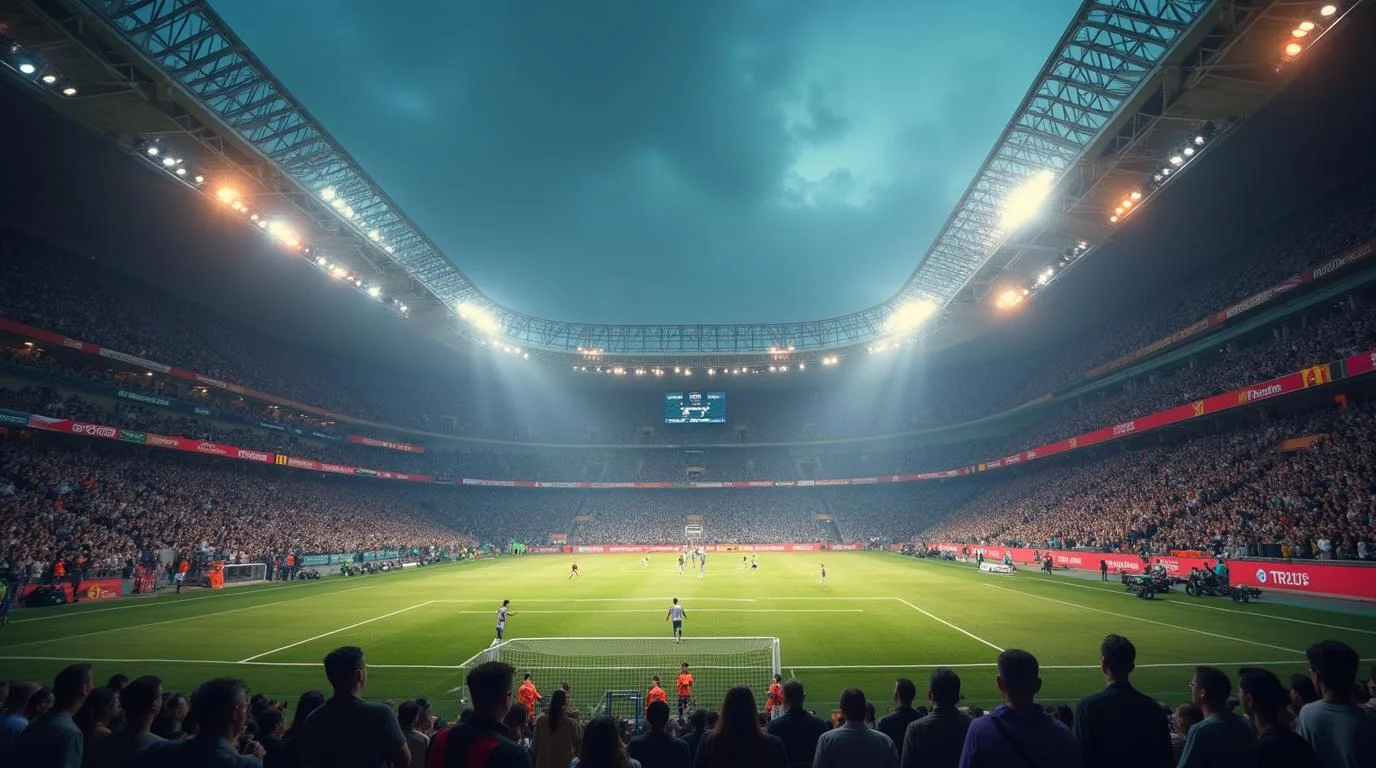The Game Selection
This is where it gets really interesting, because you will have a vast array of games to choose from! The games include slots (the most popular game in online casinos) to video poker, keno, table games, and many more.

Here’s a list of the games, and all you have to do is take your pick:
Slot games dominate all online casinos, regardless if you’re playing with the VIPs or enjoying a game with your peers. When it comes to slots, there are endless variations to choose from, and the betting starts at 20 – 30 cents, which is ideal for players with a limited bankroll. If you go for a slot with a progressive jackpot, look at the minimum bets first, because progressive slots tend to start with more substantial bets. Experts recommend starting with the non-progressive slot games first until you have a bigger bankroll.
Table Games
For table games, there’s a lot of variety as well – but here’s a tip: if you are looking at trying out real money roulette or blackjack, start with smaller wagering amounts first and play with the software. One of the most popular ways you can play table games is with a live dealer, and bets start at $1 for each hand – so you might want to lay off of these and start playing table games with the software first. Besides, it’s a great way to practice.
Video poker
Video poker is another popular game at many online casinos, and it comes with many different variations, so you can start with a small stake first and go big as you go along.
Banking Options when You Play at a Minimum Deposit Casino
There’s one hard and fast rule when playing at a minimum deposit casino: it would be wise to steer clear of casinos with transaction charges or high deposits. Many casinos ask for deposits of between $10 and $25, and this will depend on your chosen payment method. Of course, there are casinos that only ask for a minimum of $5 (meaning there are 5 minimum deposit casinos), but these are few and far between.

There are a number of ways through which you can make a deposit, and they all have their pluses and minuses, as we have outlined below:
It’s a popular option for deposits, and for this, you will receive a barcode from the cashier of your online casino, then you will take it to the nearest 7-Eleven or CVS. The minimum deposit for PayNearMe is $10, but be warned: there is a transaction fee of $3.99.
Keep in mind that not all casinos accept PayPal, though a vast majority do (check this with your chosen online casino first). There is no deposit charge but the minimum deposit is $10, and if you choose PayPal for receiving your winnings, there will be fees and charges.
This is somewhat similar to PayPal, but with one crucial difference: you will have to pay the fees before you receive your winnings. Again, the minimum deposit is $10.
Online Banking
You might find online banking an easier way considering that it doesn’t come with additional fees or charges, and it’s also the same method used for paying bills online. But there’s one catch: the minimum deposit starts at $25.
Visa or Mastercard
Debit or credit cards are also accepted, and many players find this the most convenient way to pay. You can also make a minimum deposit of $10.
There are other ways to pay or redeem your winnings, such as Skrill (similar to Neteller), ACH/eCheck transfers, prepaid debit cards, and the casino cage.
The Results are In!
The results are in, and they would make any player exceedingly happy: when it comes to online casinos that take low minimum deposits, there are lots to choose from, and they are even some of the biggest names in online casinos you can imagine, which is flattering, wouldn’t you agree? In truth, when it comes to players, we’ve noticed that to online casinos, it doesn’t really matter if you’re a high roller or someone who merely plays for leisure and to pass the time. What matters to them is that you enjoy it while you’re there – and if you do get lucky, then all the better for you. So it boils down to this: you have a lot of choices with regards to minimum deposit online casinos, and at the end of the day, it’s ultimately your decision which online casino to try. Our advice? Try them all on for size, and you’ll get to the one that fits perfectly in the end.














